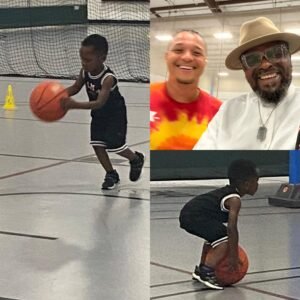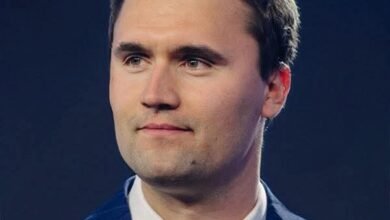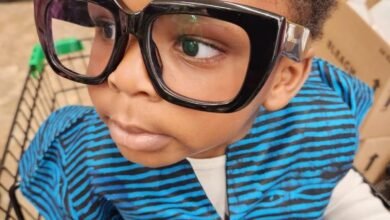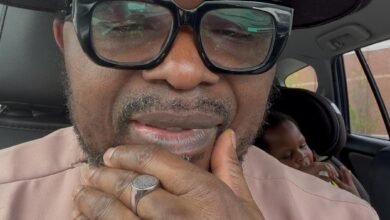#50PlusDad Start with the Big Ball: Parenting Lessons from the Basketball Court

They say every child is born with potential, but it’s how we nurture that potential that defines their path. Today, I want to share a powerful moment, one of those subtle parenting experiences that leaves you changed forever.
We began early. At around age 2, we introduced our son to a miniature basketball hoop and ball. He loved it. By the time he was nearing 4, we enrolled him in a basketball training program designed for children aged 3 to 5. It seemed like the right step. We had prepared him with toddler-size tools; now it was time to level up.
But nothing prepared me for what I saw.
At his first training session, the children, yes, all between the ages of 3 and 5 were using regular-sized basketballs. Not toy balls. Not scaled-down hoops. Full-size balls. Standard courts. Tall hoops.
I blinked. This couldn’t be right. I had assumed they’d start small, and ease the children in with manageable tools, like we did at home. Wasn’t that the logical way?
Turns out, logic can be misleading when you’re running on native intelligence alone.
Lesson One: The Limit of Native Intelligence
At home, we did what felt natural, start small, scale gradually. It seemed intuitive. But as I watched the children train, I realized that what felt intuitive was actually limiting. The coaches, the experts were thinking long-term. The small tools we believed were helping could easily become a crutch. These coaches weren’t just nurturing participation; they were cultivating mastery.
Lesson Two: Start with the End in Mind
After the session, I spoke with the coach. Though I had my suspicions about the use of full-size balls and a standard court, I asked as though I had no clue. He looked at me and said something unforgettable:
“We start with the end in mind. If they’re going to play real basketball, they must start getting used to real balls now, so they can master the ball before the ball masters them.”
Powerful.
It instantly brought to mind Stephen Covey’s timeless principle from The 7 Habits of Highly Effective People: Begin with the end in mind.
They weren’t just building skills, they were building readiness. Starting early, starting with real tools, they were preparing these children to meet the future at full strength.
Lesson Three: Whatever Is Worth Doing Is Worth Starting Early
We introduced basketball playfully at age 2. We moved to structured training by age 3. In that progression lies a third, unshakable truth: Whatever is worth doing is worth starting early.
I’m 55. My son is 3. I don’t have the luxury of leaving his life to chance as I mentioned yesterday in my #HomiliyFromthePew, They Grow So Fast, So Do We(https://childreninfobank.com/they-grow-very-fast-so-do-we). There’s no room for guesswork. We must be deliberate. Every outing, every lesson, every ball thrown is a seed. The fruit may not appear today, but the roots are growing.
And here’s what I’ve found: starting early gives your child first-mover advantage in a world that’s moving at breakneck speed. There are no more demilitarized zones in childhood. Screens, algorithms, and culture wars are all fighting for our children’s attention.
Their personality, research tells us, is largely formed between ages 0 and 8. Some say even 0 and 6. If we don’t plant the right values early, the distractors will arrive on time, and we’ll be left playing catch-up.
I’ve seen this truth more clearly now that I’m raising a child in my twilight years. Perhaps it’s the urgency. Perhaps it’s the wisdom of age. But this I know for sure: we must raise children who are equipped early, not just to survive the future, but to shape it.
So to every parent, guardian, teacher, or caregiver reading this: whether it’s basketball, values, leadership, or faith. start early, start strong, and start with the end in mind.
Raise children who will not be dwarfed by the demands of their future.
Raise children who master the ball, whatever the ball of life may be.
#50PlusDad #StartWithTheEndInMind #RaisePowerfulChildren #ParentingWithPurpose
#EarlyStartStrongFinish



